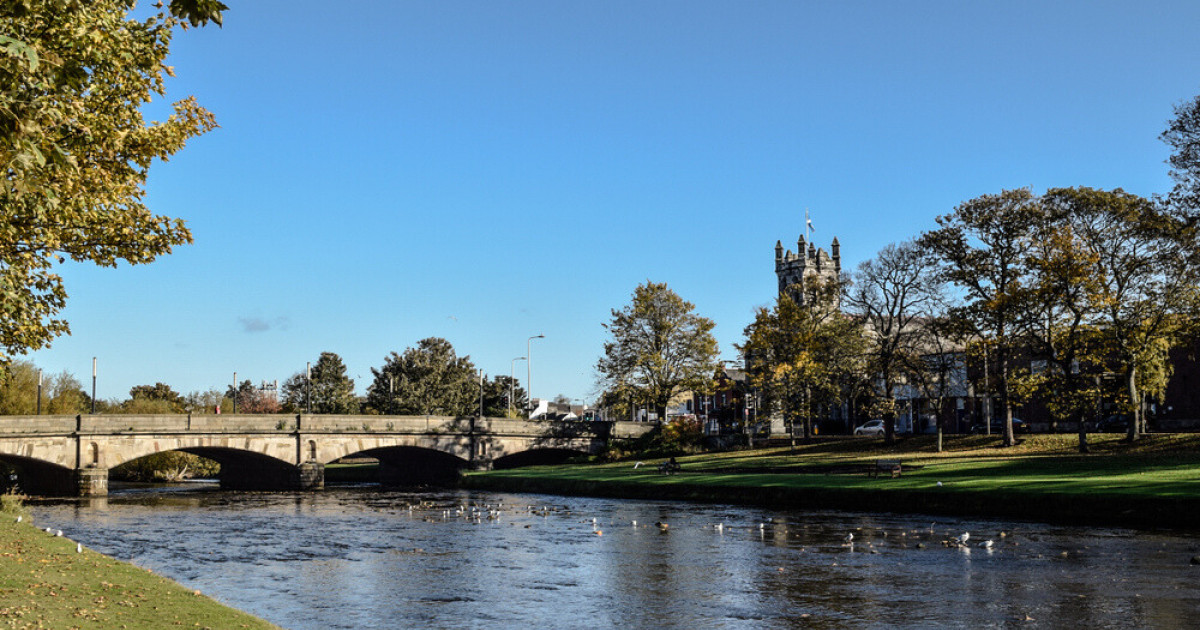UPDATE: Musselburgh Flood Protection Scheme

Yesterday I asked East Lothian Council to refuse the Musselburgh Flood Protection Scheme and notify a new scheme with a reduced allowance for climate change on the coast. This modification would bring the defence heights down from the Electric Bridge and all along the coast, saving money, carbon emissions and causing less of a visual impact.
Climate adaptation is a vital part of climate action, and is not a sign that we’ve given up on reducing our emissions. But it needs to be done within our means – both in terms of our impact on the planet, and in terms of Scottish public sector finance constraints. My amendment followed that logic, and although it was not carried, it has laid on the record a possible path that could still be taken after a local Inquiry, if a Reporter recommends it to Scottish Ministers.
My amendment considered only the coast because I feel that the balance of risk and protection for the river corridor is broadly correct. To all the objectors who said we should look upstream in the river catchment to slow and store water: I agree with you, and in fact council officers and consultants agree with you too. The climate change allowance has been lowered for the river defences, and the council has committed to establishing a catchment partnership to support NFM opportunities on the Lothian Esk[s]. This work has already started, and will ensure that as the risk of flooding increases with climate change, the catchment is better placed to absorb some of that, boosting the resilience of Musselburgh’s defences.
I had wanted to bring my amendment as a modification to the existing scheme, but ELC legal officers ruled this was too major to meet the definition of modification in the guidance to the FRM Act. This indicates to me that the guidance is acting as an unnecessary constraint on local authorities’ ability to respond to consultation and seek compromise with objectors from the community. It must be updated urgently if we are to deliver flood protection fit for the challenges of a climate-impacted Scotland.